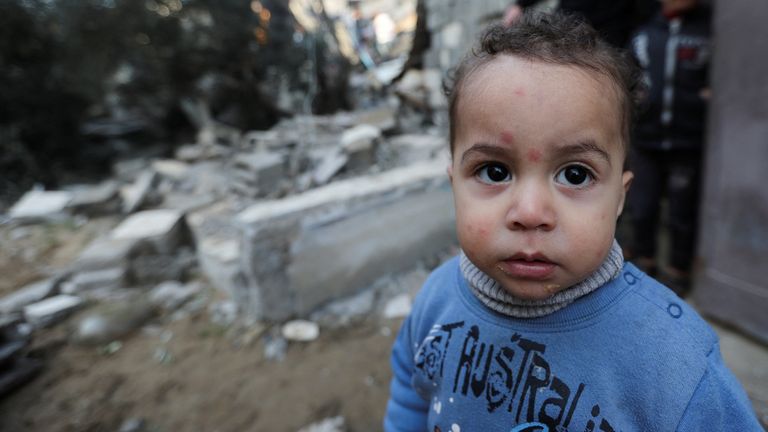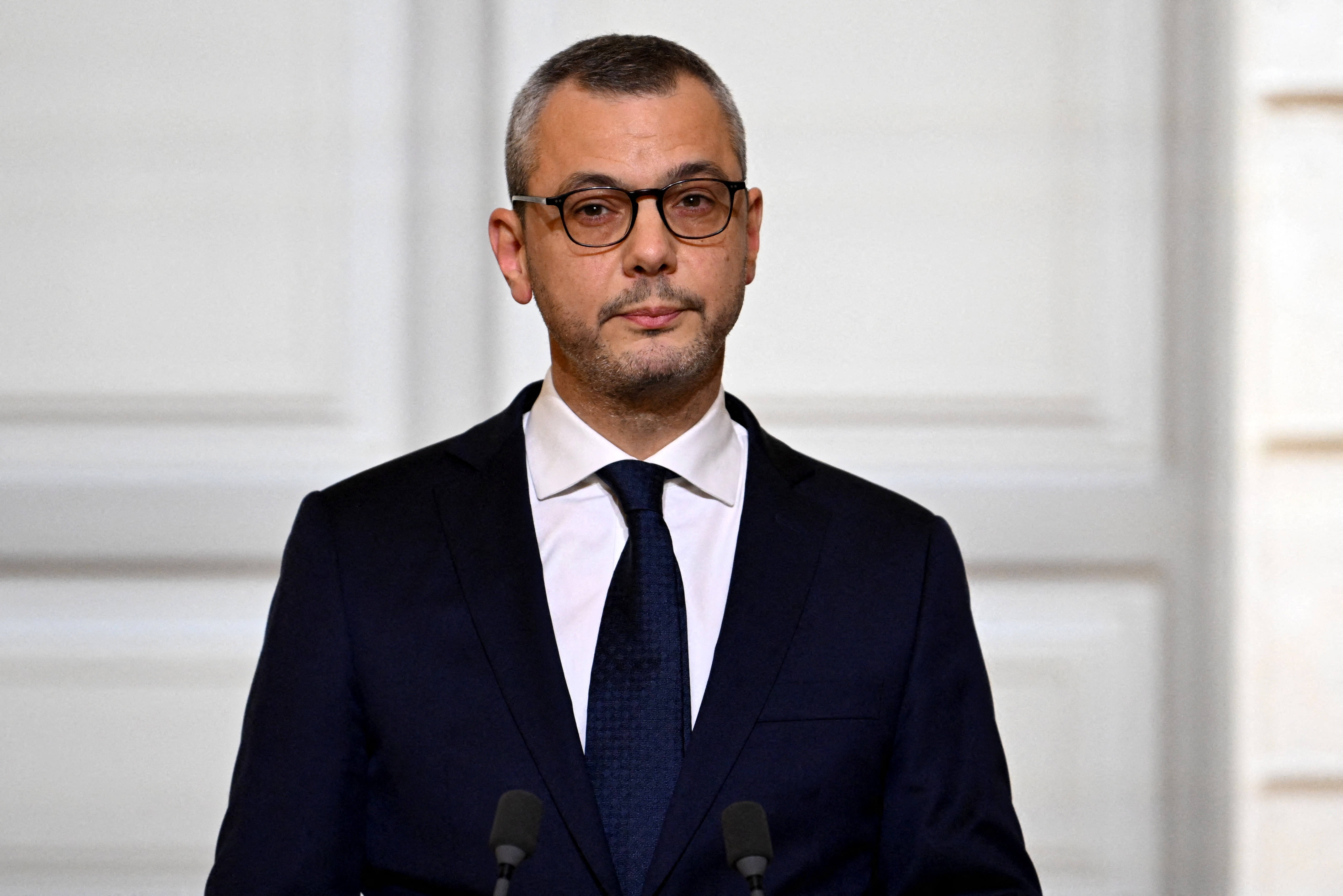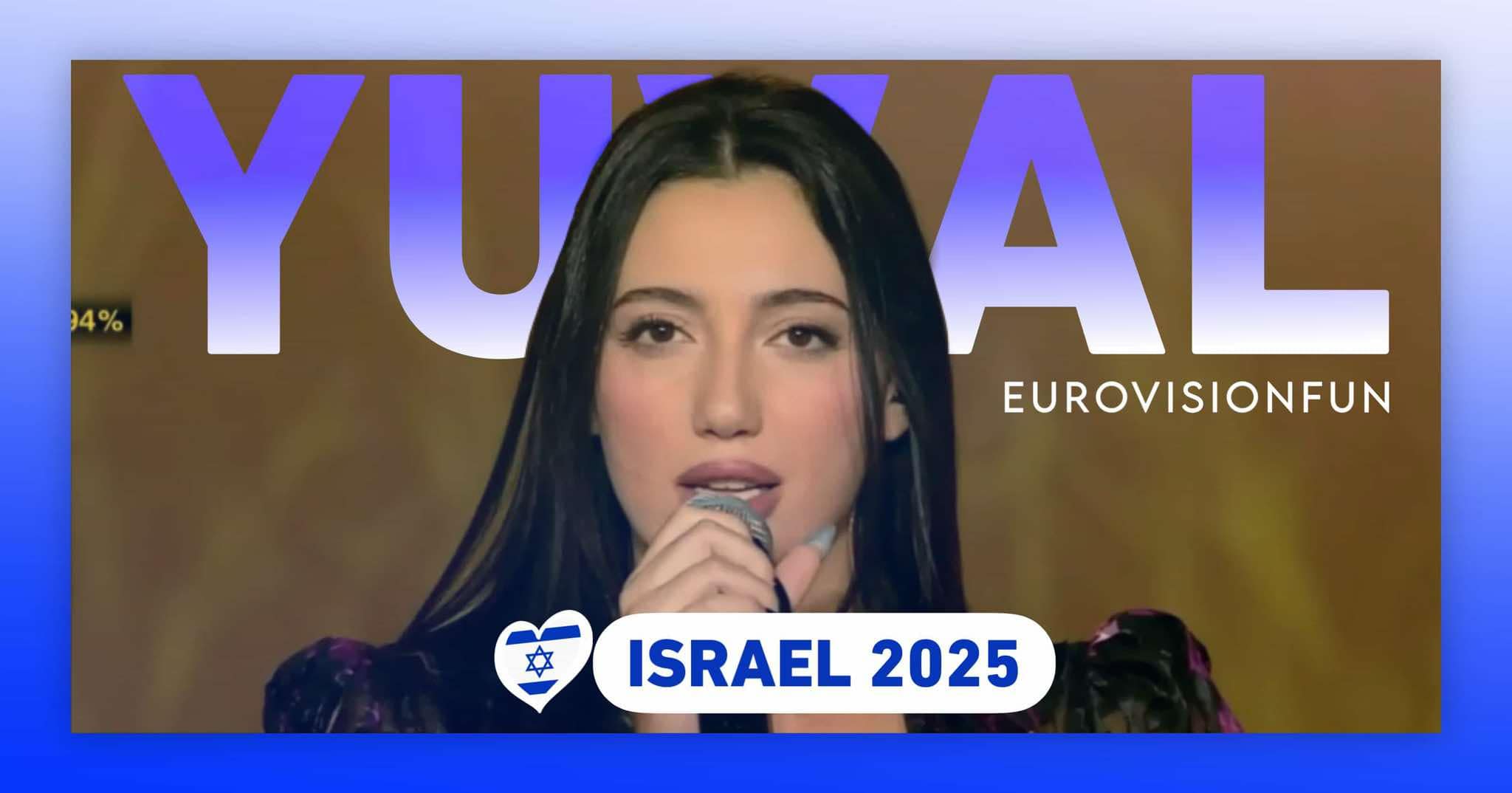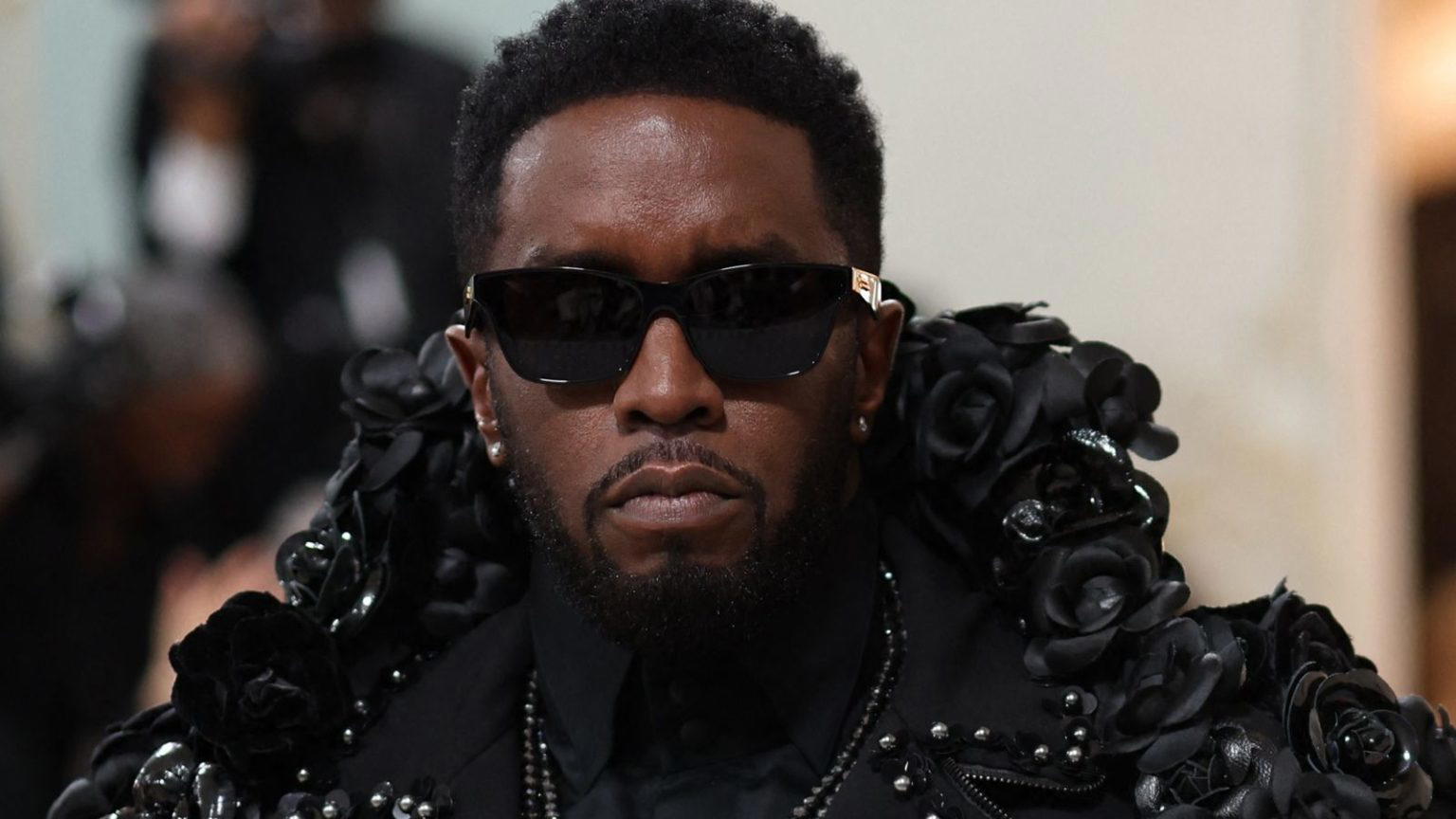Icelandic Eurovision Boycott Campaign Highlights Concerns Over Israeli Human Rights Record

Table of Contents
The Roots of the Icelandic Eurovision Boycott
The Icelandic Eurovision Boycott campaign emerged from a growing awareness among Icelandic citizens of the ongoing Israeli-Palestinian conflict and the human rights violations allegedly committed against Palestinians. This heightened awareness is fueled by several factors: increased media coverage of the conflict, the influence of Palestinian solidarity movements within Iceland, and a broader global shift in attitudes towards human rights abuses. Key individuals and organizations involved in the campaign remain largely decentralized, operating through social media and grassroots activism, highlighting the organic nature of this movement.
- Rising awareness of the Israeli-Palestinian conflict among Icelandic citizens: Increased media attention to events in Palestine has spurred discussions and activism within Iceland.
- Influence of Palestinian solidarity movements in Iceland: Existing Palestinian solidarity groups have played a crucial role in organizing and promoting the boycott.
- Specific human rights violations cited by campaigners: Campaigners cite numerous human rights violations, including the ongoing blockade of Gaza, the expansion of Israeli settlements in the West Bank, and the treatment of Palestinian prisoners. Reports from organizations like Human Rights Watch and Amnesty International are frequently referenced.
- Links to relevant reports from human rights organizations: The campaign draws heavily on credible reports documenting human rights abuses in the occupied Palestinian territories. These reports provide the factual basis for the boycott's rationale.
Arguments For and Against the Boycott
The Icelandic Eurovision Boycott, like any significant political action, has sparked a vigorous debate. The arguments for and against the boycott highlight the complexities of using cultural events for political activism.
Pro-Boycott Arguments
Supporters of the boycott believe it’s a powerful tool to raise awareness and pressure Israel to improve its human rights record.
- Using Eurovision's platform to raise awareness of human rights abuses: The high profile nature of Eurovision provides a global platform to amplify concerns about human rights.
- Holding Israel accountable for its actions on the international stage: The boycott aims to hold Israel accountable for its actions by leveraging international pressure.
- Solidarity with the Palestinian people: The boycott expresses solidarity with Palestinians facing human rights violations.
- Examples of successful boycotts in other contexts: Proponents cite examples of successful boycotts that have led to positive change, demonstrating the potential impact of such actions.
Anti-Boycott Arguments
Opponents argue that politicizing Eurovision undermines the event's purpose and could have negative consequences.
- Concerns about politicizing a non-political event: Critics argue that Eurovision should remain separate from political agendas.
- Potential for backlash against Icelandic artists and the country itself: Concerns exist about potential negative repercussions for Icelandic artists and the country's reputation.
- Arguments against the effectiveness of boycotts: Some question the effectiveness of boycotts in achieving meaningful political change.
- Focus on the artistic merit of the Eurovision Song Contest, separating it from politics: The emphasis should be on the artistic competition and not on political messaging, according to this viewpoint.
The Wider Implications of the Icelandic Eurovision Boycott
The Icelandic Eurovision Boycott campaign transcends national borders, with potential implications for the future of Eurovision and international political activism.
- Impact on Iceland's international image: The boycott could affect Iceland's international standing, depending on the global response.
- Potential ripple effect on future Eurovision participation from other countries: Other countries might be inspired to follow suit, leading to wider boycotts.
- Increased public awareness of the Israeli-Palestinian conflict: The campaign has significantly raised public awareness of the conflict and related human rights issues.
- Comparison with similar boycotts in sports and other cultural events: The campaign is part of a broader trend of using boycotts as tools for political and social change.
- The use of social media in amplifying the boycott message (#IcelandicEurovisionBoycott etc.): Social media has been instrumental in spreading awareness and organizing the campaign.
Conclusion
The Icelandic Eurovision boycott campaign represents a significant moment, showcasing the growing willingness to utilize even seemingly apolitical platforms to address serious human rights concerns. While arguments for and against the boycott exist, its impact on public discourse is undeniable. The campaign's success or failure will ultimately be judged by its lasting effect on raising awareness about the Israeli-Palestinian conflict and its human rights implications. Further engagement with the issue—understanding the complexities, researching relevant organizations, and supporting relevant initiatives—is vital for informed participation in the ongoing debate surrounding the Icelandic Eurovision Boycott and similar campaigns. Learn more about the Icelandic Eurovision Boycott and how you can get involved.

Featured Posts
-
 Refus D Alexis Kohler Atteinte Aux Institutions Democratiques Selon Transparency International
May 14, 2025
Refus D Alexis Kohler Atteinte Aux Institutions Democratiques Selon Transparency International
May 14, 2025 -
 Arsenal Eyeing Premier League Star David Ornsteins Claim
May 14, 2025
Arsenal Eyeing Premier League Star David Ornsteins Claim
May 14, 2025 -
 Israels Yuval Raphael Shines At Second Eurovision Rehearsal
May 14, 2025
Israels Yuval Raphael Shines At Second Eurovision Rehearsal
May 14, 2025 -
 Imperia Gli Orari Del Passaggio Della Milano Sanremo 2025 E Sanremo Women
May 14, 2025
Imperia Gli Orari Del Passaggio Della Milano Sanremo 2025 E Sanremo Women
May 14, 2025 -
 Sean Combs From Grammy Glory To Legal Battles A Complete Timeline
May 14, 2025
Sean Combs From Grammy Glory To Legal Battles A Complete Timeline
May 14, 2025
